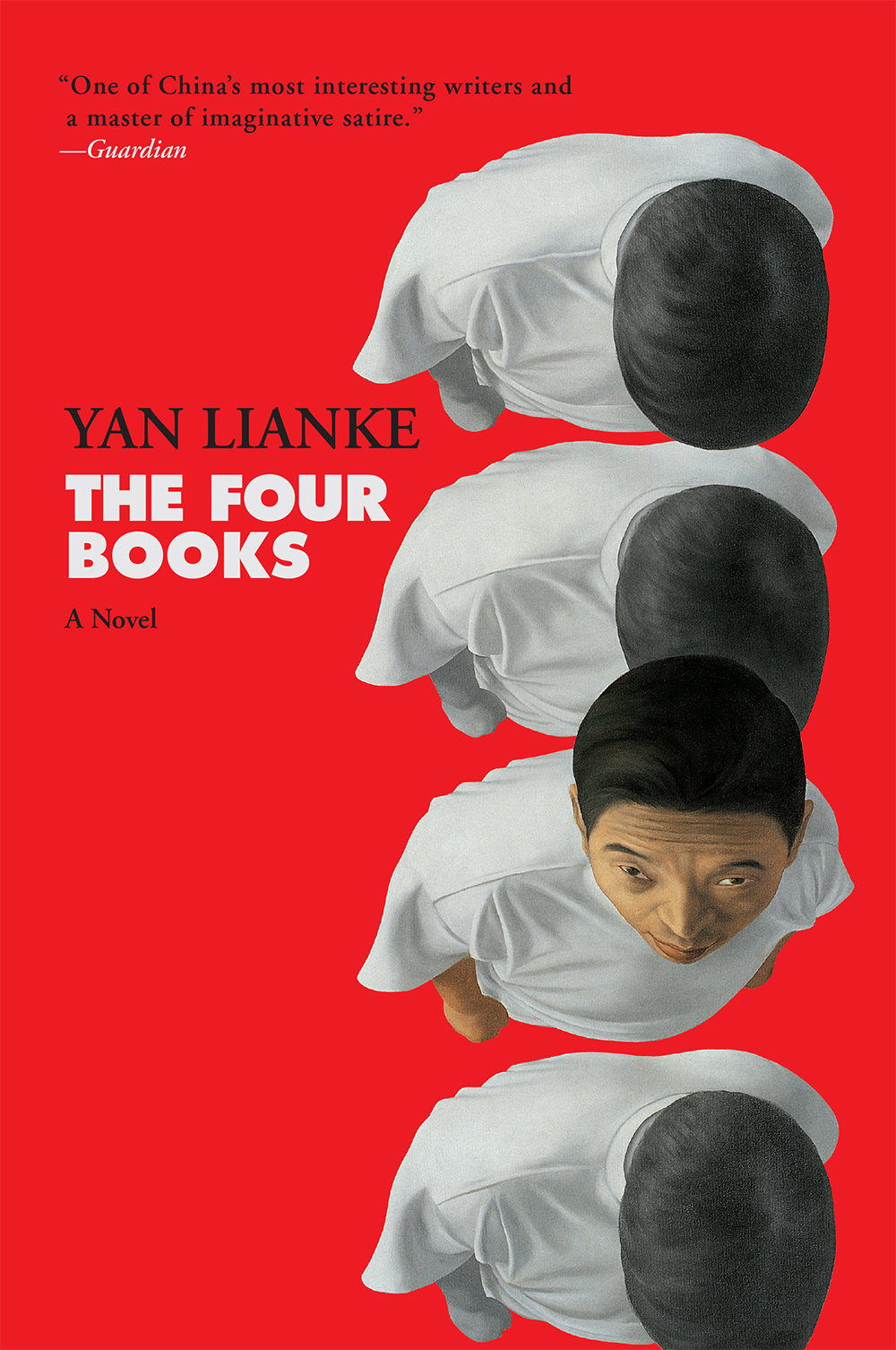
The Four Books
A Novel
- اطلاعات
- نقد و بررسی
- دیدگاه کاربران
نقد و بررسی

January 26, 2015
Yan, a finalist for the Man Booker International Prize, pens a biting satire about Chinese re-education camps during the Great Leap Forward that’s as haunting as it is eye-opening. In this tale, intellectuals and dissidents are sent to a labor camp, where they promise to perform impossible tasks in order to gain their freedom. These intellectuals—“the Musician,” forced to prostitute herself for food; her lover, “the Scholar”; “the Theologian,” who ends up cursing God for his fate; and “the Author,” commissioned to write reports on the sins of the others, struggle for survival. Overseeing all of them is “the Child,” who is as vulnerable to the whims of his bureaucratic superiors as his prisoners are to him. As the prisoners careen from impossible production quotas to slow death by starvation, the Child eventually offers to sacrifice himself for their freedom, in a stark parody of both Maoist ideals and Christian scripture. Yan has created a complex, epic tale rife with allusion. He effortlessly moves from Eastern to Western references, and even readers without a background in Chinese history and culture will find his story fascinating and immersive. The novel is a stinging indictment of the illogic of bureaucracy and tyranny, but the literary structure is tight and the prose incredibly accessible. Readers will have difficulty putting this down. Agent: Laura Susjin, Susjin Agency.

February 1, 2015
Yan (Dream of Ding Village) has built his substantial career on exposing the surreal absurdity of China's 20th-century tragedies. His latest-in-translation features the 99th district of a reeducation camp, where intellectuals controlled by a maniacally cruel yet innocently naive child endure merciless conditions designed to recommit them to communism. Among the Child's prisoners are the Author, the Scholar, the Musician, and the Theologian, who like other inmates must fulfill impossible production quotas in areas from harvesting to smelting, driven by the Child's promises of freedom. Surviving the Great Famine, which experts estimate claimed a staggering 2,043 million victims, has unfathomable costs. Yan's multilayered novel is presented as dovetailing excerpts from the titular Four Books: the Author's Criminal Record, written in exchange for early release; the Author's own Old Course; an anonymous narrative called Heaven's Child; and a philosophical fragment from A New Myth of Sisyphus. The title is also a brilliant evocation of the foreshadowing of death (four and death are homophones in Chinese), Christianity's Four Gospels, and Confucianism's Four Books. Ironically, the Four Books and Five Classics of Confucianism were the foundation of imperial China's civil service exams, which created the intellectual class: communism's enemies. Books remain significant throughout--hidden, beloved, confiscated, burned. VERDICT Like Xianhui Yang's unrelenting Woman from Shanghai and Xinran's gentler China Witness, Yan's new work is vital historical testimony. [See Prepub Alert, 9/29/14.]--Terry Hong, Smithsonian BookDragon, Washington, DC
Copyright 2015 Library Journal, LLC Used with permission.




دیدگاه کاربران